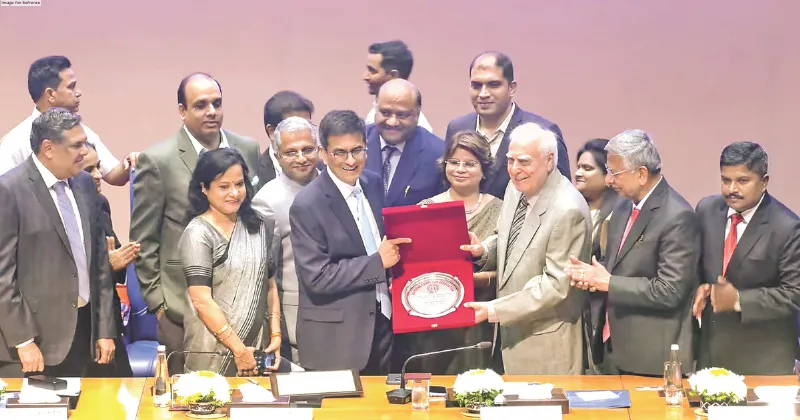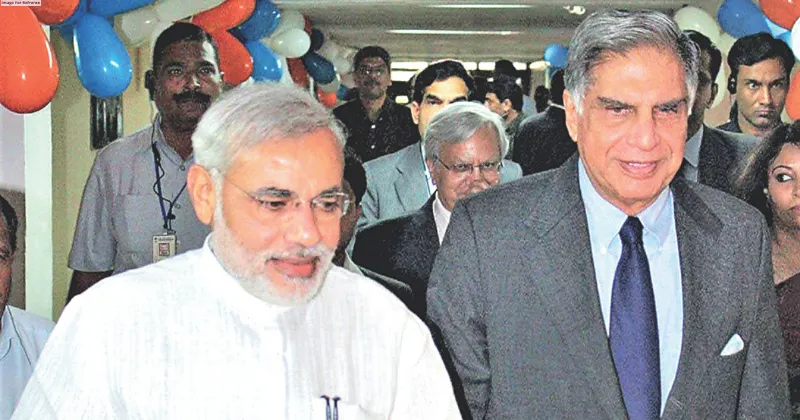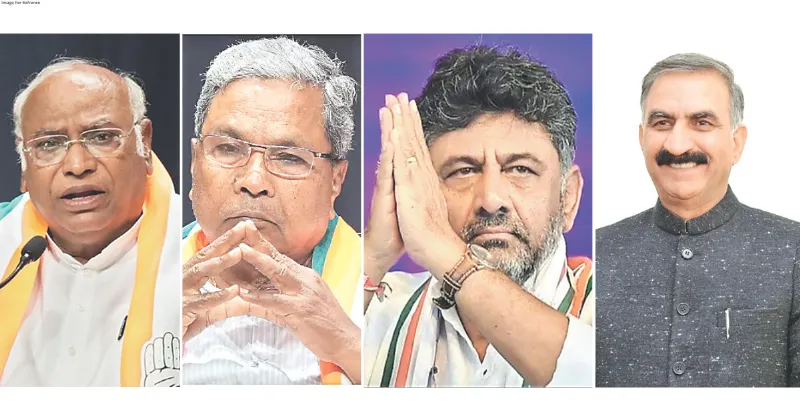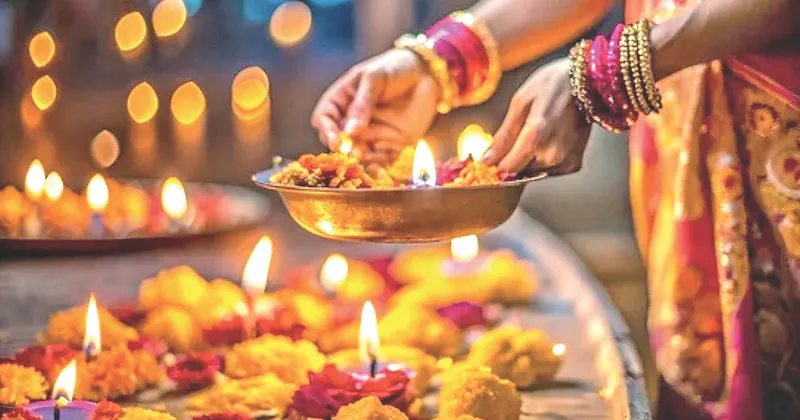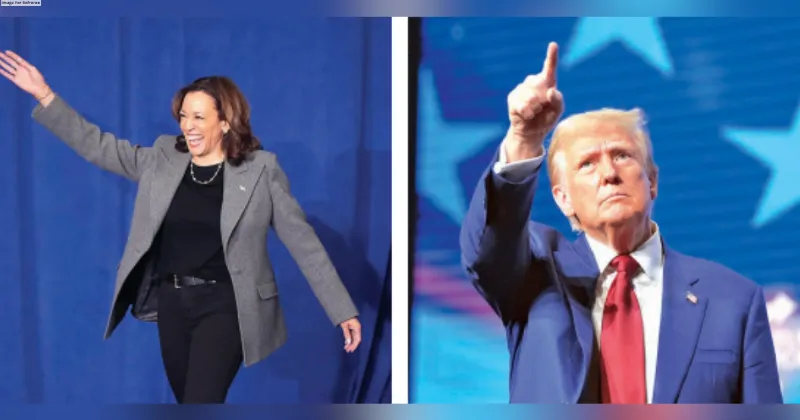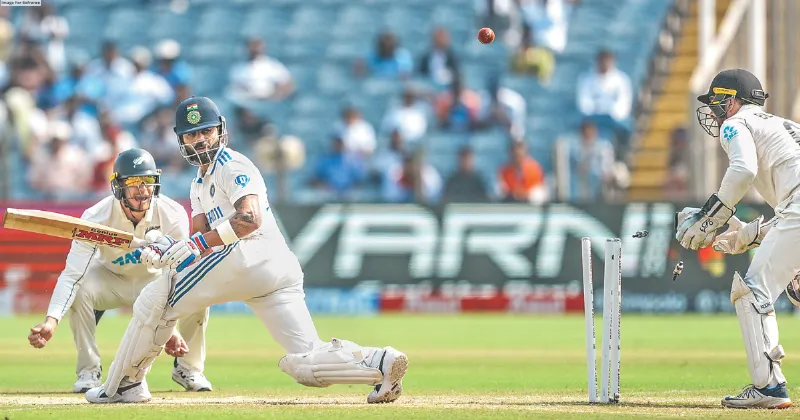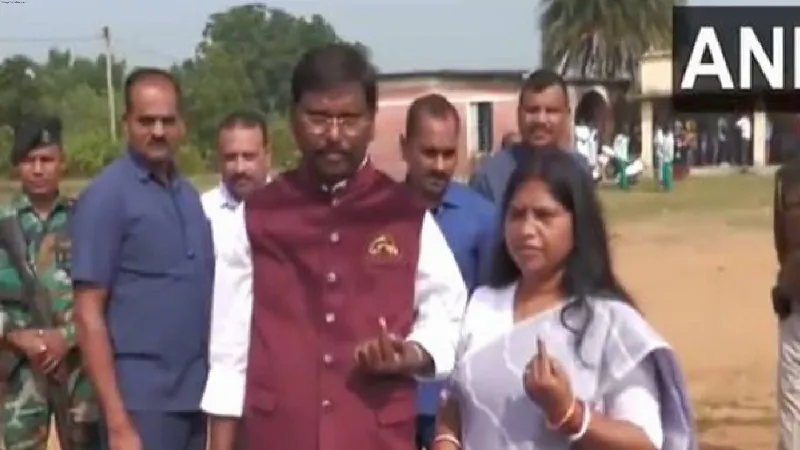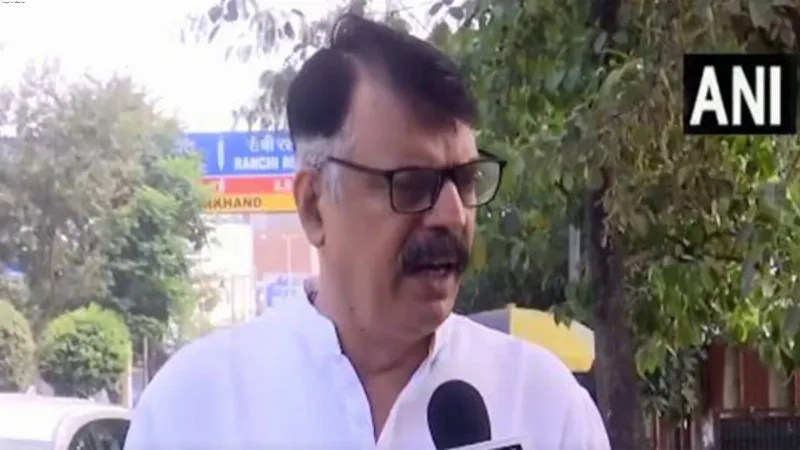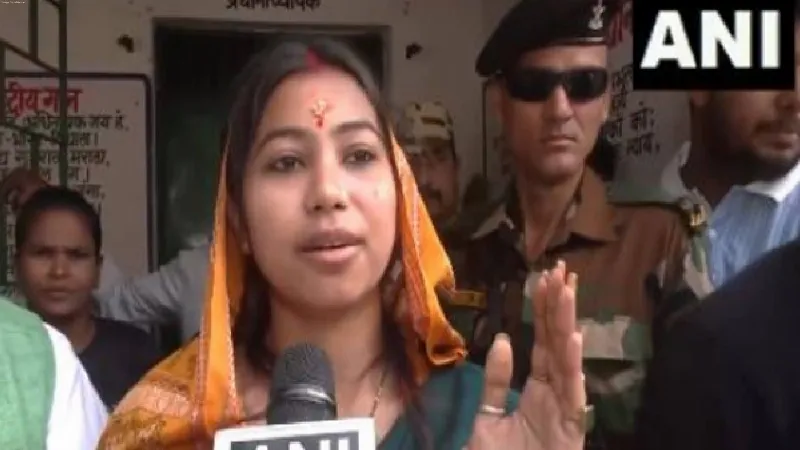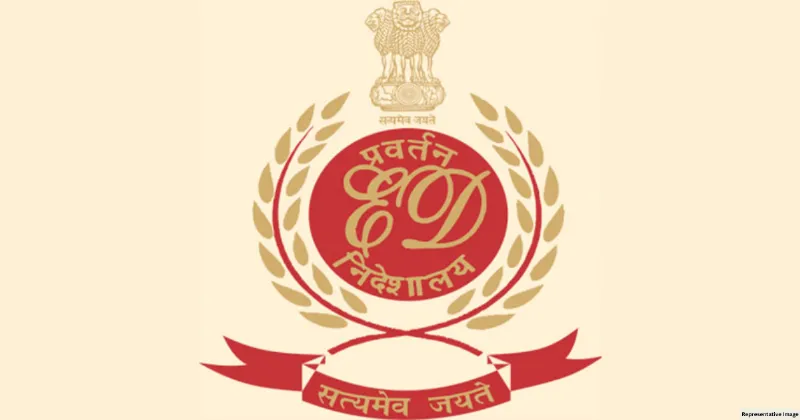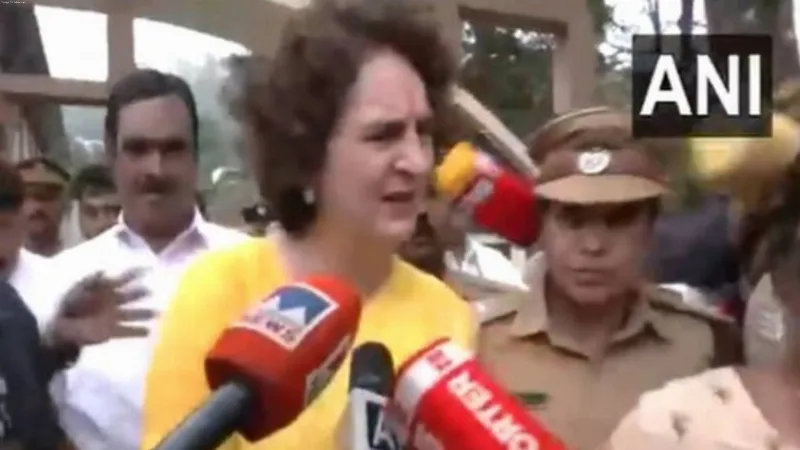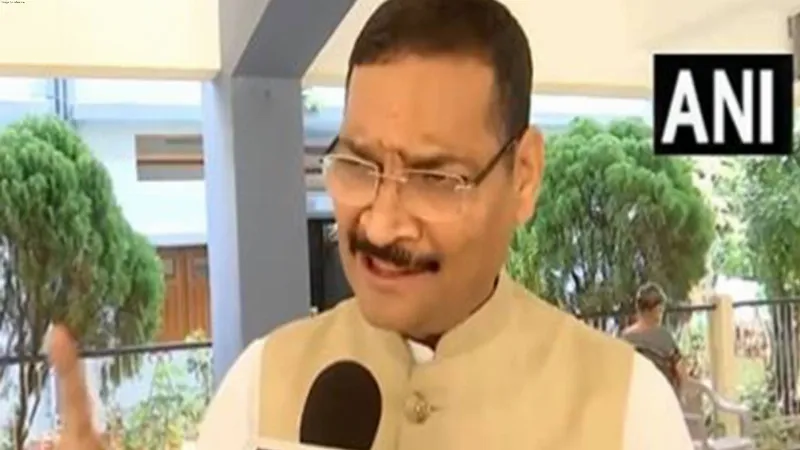Latest News
India’s Secularism Needs Better Interpretation to Retain Relevance

Jawaharlal Nehru’s secular India was largely derived from our colonial masters and only took root in larger cities. It was incompatible with a Hindu-majority population that had been ruled by foreigners—Islamic invaders, and the British—for 1200 years. Prime Minister Narendra Modi refers to this as “the slave mentality of 1,200 years.” Hence, secularism must recognize the legitimate and unmet needs of its majority Hindu population. Contrary to what The New York Times consistently argues, Narendra Modi’s BJP is correcting Nehruvian excesses instead of imposing majoritarianism.
How to Make India’s Secularism Work:
The idea of secularism enshrined in the Indian constitution is admirable. It means that all religions are treated equally under the eyes of the law. Secularism does not, however, imply that all philosophies are equal. Jihadism obviously cannot be accepted as it poses serious threats to the way of life of the Hindus, the Sufi Muslims, and all other nonMuslims. Legally it falls under “hate speech”, “sedition” and likely even “treason”.
It needs to be monitored and nipped in the bud wherever it rears its ugly head, particularly in mosques and madrassas. In this regard, AIbased monitoring technology should be utilized, including online tools. Wahhabism/ Salafism has nearly eradicated Sufism from the Kashmir valley. This needs immediate attention as well. Select Indian Sufi saints should be recognized as ‘Cultural Icons’ and Sufism should be recognized as “India’s Islam”. YouTube videos on Indian Sufism, incorporating Rumi and Imam Ali’s teachings, should be disseminated freely.
Also, the Supreme Court has ruled that politicians cannot use religion or caste to seek votes. This is secularism in practice. Similarly, the exchange of confidential matters of the state (if at all) between the unelected RSS and the elected BJP, would be legally incorrect. Compliance can only be achieved if it is self-enforced by both parties.
The Tricky Issue of Conversion and Freedom of Religion: Religious conversion has always been a sensitive topic in caste-ridden Hindu rural India. According to Article 25 of the Indian constitution, “all persons are equally entitled to freedom of conscience and the right freely to profess, practice and propagate religion.” In 1977, the Indian Supreme Court ruled that the “right to propagate” refers to a right to transmit or spread one’s religion but not a “right to convert.” This has been the standard since.
In 1999, Graham Stuart Staines with his two young sons were gruesomely murdered in Odisha. According to right-wing activists, Staines and his family were allegedly converting Adivasis to Christianity under the guise of his missionary activities. He had been working in India since 1965.
Muslims in Secular India Need to Change: For secularism to be effective, it needs two hands to clap. Muslims in India must come forward, embrace the Sufi beliefs of the subcontinent, reject ghettos and divisive ideas, come down firmly on Jihadism, adopt modern education, and compete openly for the top positions in India’s corporations. Currently, the Muslim community, 75% of whom are Dalits, lags on every socio-economic development indicator, especially in the Hindi heartland. It is true that with partition the political and intellectual elite class of Muslims mostly migrated to Pakistan and there is a real scarcity of leadership. As a result, Madrassa-educated clerics with a limited worldview have ruled the roost.
K Rahman Khan, a member of the Indian National Congress, says in his book, Indian Muslims: The Way Forward, that Indian Muslims have “an emotional, rather than a rational,” approach to issues. Many suffer from “superficial religiosity” and have an “uncompromising attitude and lack of an accommodative approach”. “Religious superiority” is a feature among some. Certain sections uphold “exclusivist and narrow thinking” that is completely unacceptable, especially in a plural society.
Khan comes down heavily on Muslim clerics for wasting two decades defending Triple Talaq. He makes the point that “Muslims cannot progress if they remain wedded to some centuries-old interpretations, notions, and practices that are not in accordance with the spirit of Islam and that impede their creative presence in the contemporary world.” He asks Muslims to adopt genuine spirituality with a focus on humanity and human values. He asks Muslims to learn about democracy and duties as a citizen in a plural society and to set up interfaith dialogues.
Muslims should ask themselves what makes small minorities like the Sikhs and Parsis so successful in India. Sikhism is also a very conservative religion. Yet Sikhs are openly felicitated for their contribution to nationbuilding. The Parsis survived for over 1000 years and built modern India. These are extraordinary stories worthy to study and emulate. At the core of both these stories is the message of service to society irrespective of religion. Islam has always had that tradition. It’s time that Muslims adopted it.
SOURCE: FAIR OBSERVER
ROHAN BEDI The writer is a consultant, former banker based in Singapore



